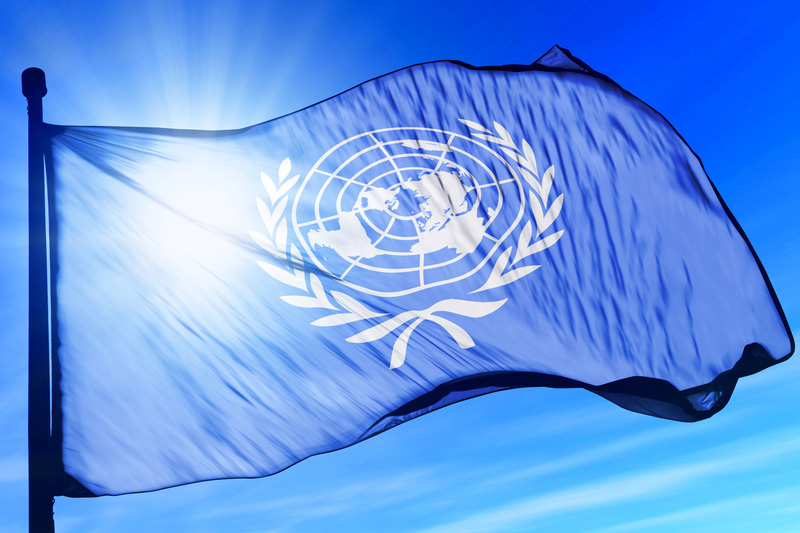* Two million new refugees this year, UN refugee chief says
* South Sudanese and Myanmar Rohingya form biggest groups
* Restrictive asylum measures and "rising xenophobia"
* Grandi singles out Europe, the United States, and Australia
By Stephanie Nebehay
GENEVA, Oct 2 (Reuters) - More than 2 million people fleeing wars or persecution have joined the ranks of the world's refugees this year, but often face more restrictive asylum policies, including in Europe and the United States, the top U.N. refugee official said on Monday.
They include 650,000 from South Sudan and 500,000 Muslim Rohingya who have escaped violence in Myanmar for Bangladesh over the past five weeks, many of the latter stateless, United Nations High Commissioner for Refugees Filippo Grandi said.
"So far in 2017, more than 2 million people have fled their countries as refugees," Grandi told the UNHCR Executive Committee which opened a week-long meeting in Geneva.
"They often arrive sick, traumatised and hungry, in remote border locations, in communities affected by poverty and underdevelopment. Many have urgent protection needs - children separated from their families, men, women, girls and boys exposed to sexual and gender-based violence," he said.
At the end of last year, 17.2 million refugees fell under UNHCR's mandate, but some of them have returned and others have been resettled, and there is no updated total. An additional 5 million Palestinian refugees are cared for by UNRWA.
Grandi voiced concern that the refugee issue has been increasingly instrumentalised in local and national policies.
"International cooperation has been replaced by fragmented responses, resulting in restrictive immigration and asylum measures, even in countries with their own histories of exile and migration, and a proud tradition of welcome," he said.
Border closures, measures to limit entry, restrictive asylum procedures, indefinite detention in appalling conditions, and offshore processing had regrettably increased, he said, decrying "rising xenophobia".
"We have observed the protection environment deteriorate in many parts of the world, including in industrialised countries - in Europe, in the United States, in Australia," Grandi said.
Nearly 1.2 million refugees need resettling globally to third countries, he said.
"It is therefore an issue of major concern that fewer than 100,000 resettlement places are expected to be available this year - a drop of 43 per cent from 2016," he said.
Traditionally, the United States has taken the largest number of refugees deemed most vulnerable under UNHCR's resettlement programme involving about 10 Western receiving countries. Syrian and Congolese refugees led those resettled last year.
The Trump administration last week proposed admitting a maximum of 45,000 refugees next year, the lowest cap in decades, which officials said was necessary to ensure U.S. security, although Democrats and humanitarian groups blasted the decision. The report also projected slashing funding to the refugee resettlement program by 25 percent.
